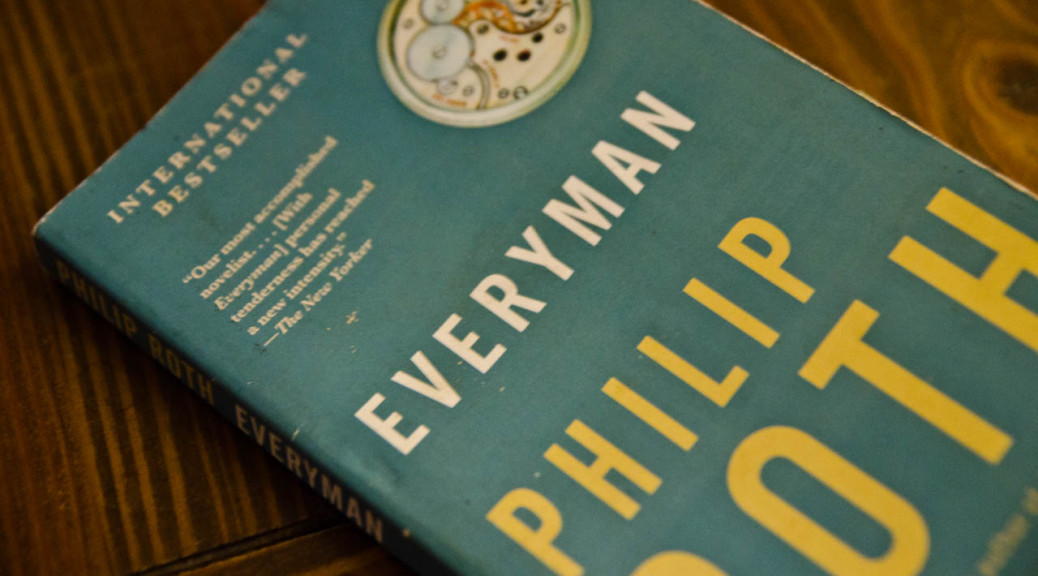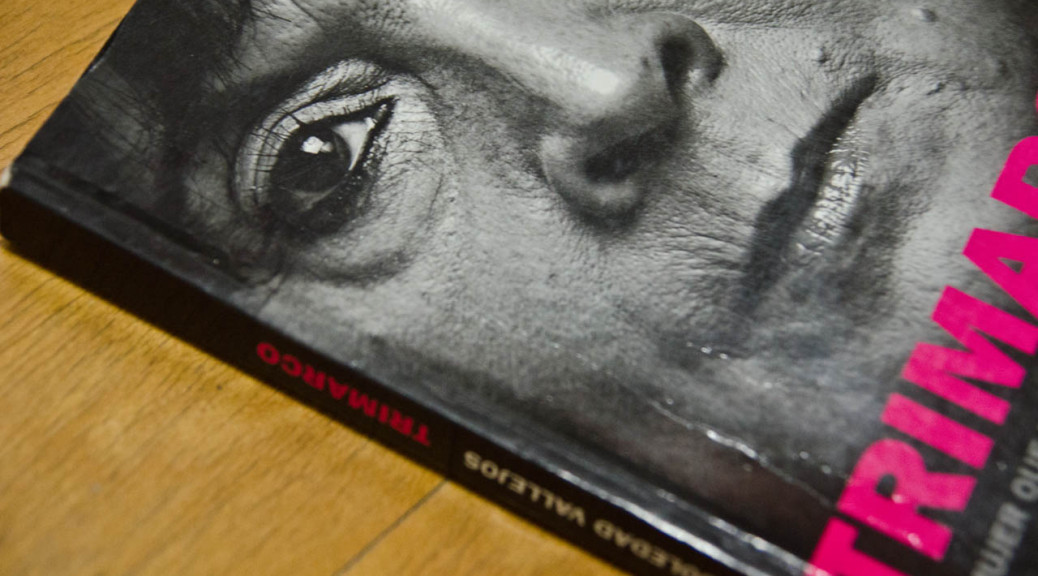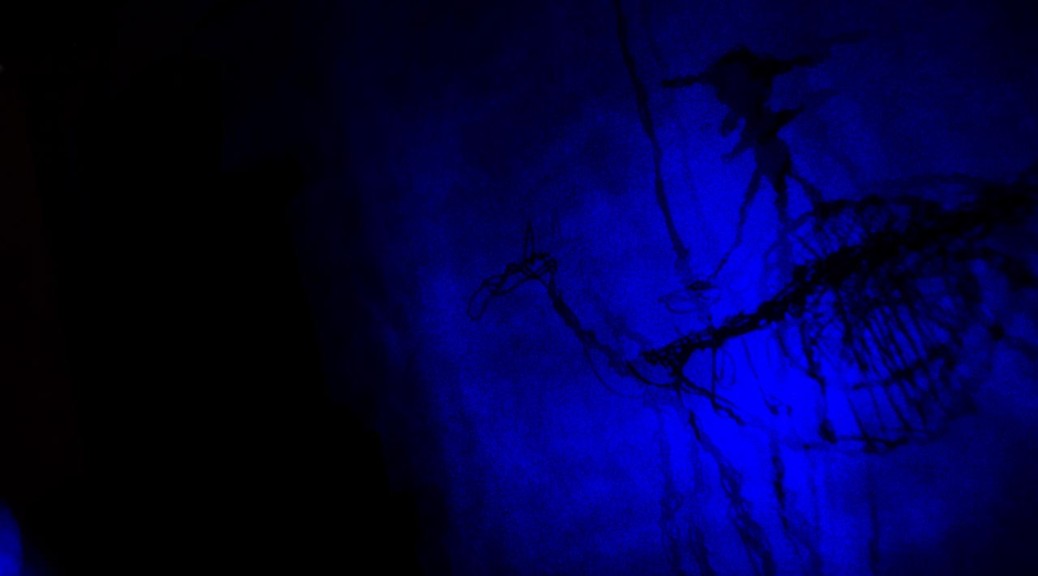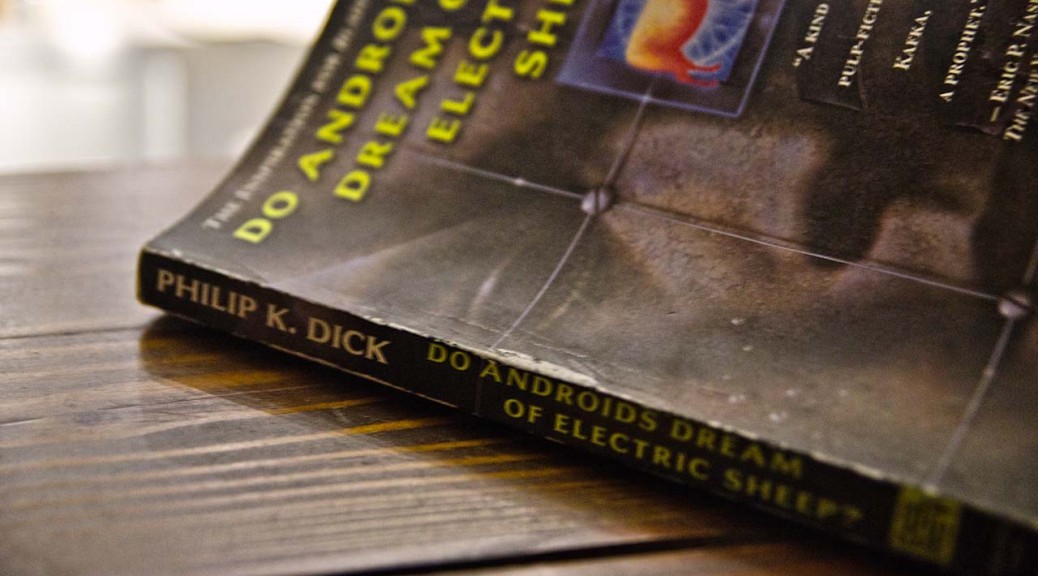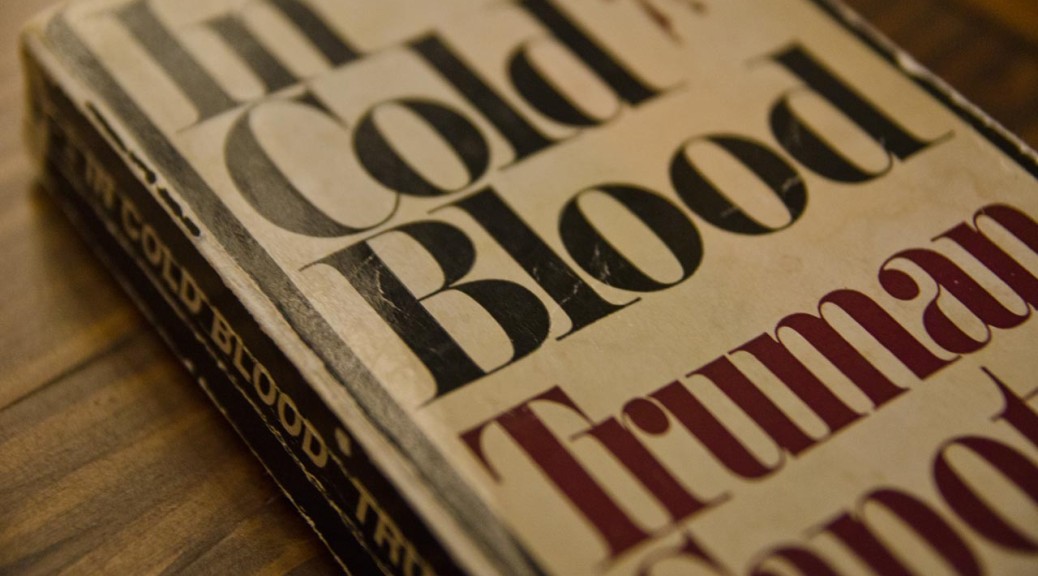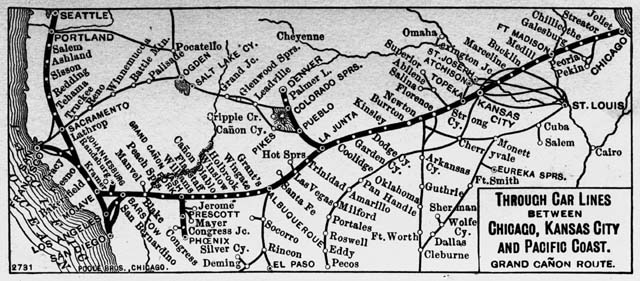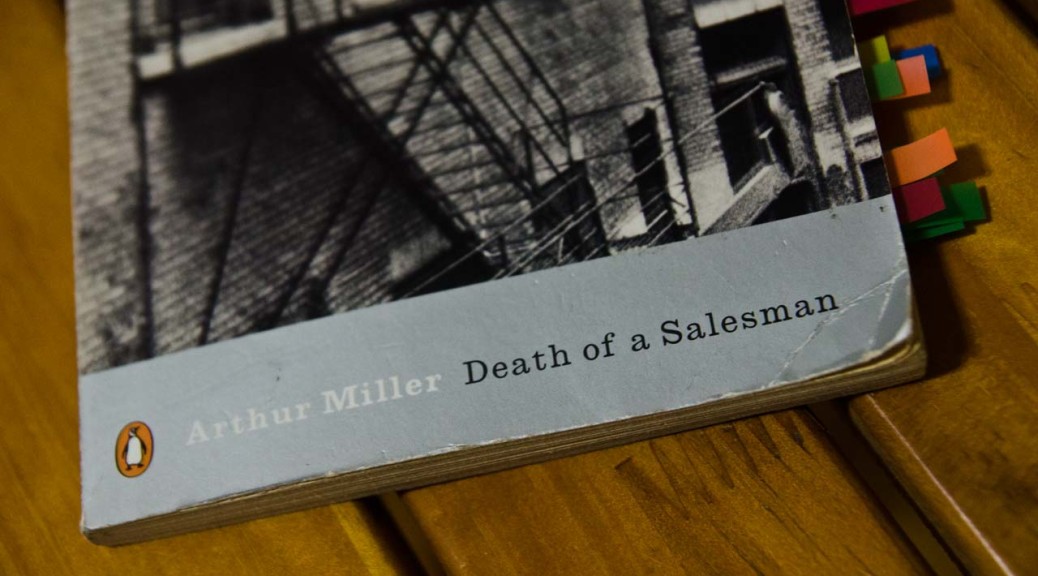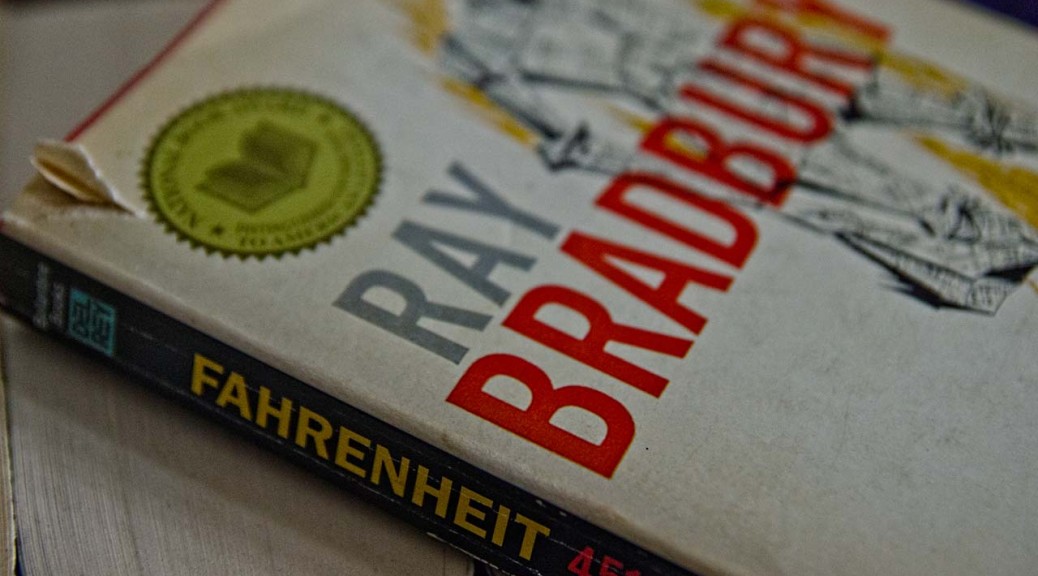Roth, Philip. Everyman. New York: Vintage International, 2006.
“Most days the water was clear and he didn’t worry that a drowned man would collide with his bare legs as he stepped out into the low surf. But when oil from torpedoed tankers clotted the sand and caked the bottom of his feet as he crossed the beach, he was terrified of stumbling upon a corpse. Or stumbling upon a saboteur, coming ashore to work for Hitler.” p. 25-26
“His father had read that the waters of New Jersey were “the worst ship graveyard” along the entire U.S. coastline,” p. 26
“The profusion of stars told him unambiguously that he was doomed to die, and the thunder of the sea only yards away–and the nightmare of the blackest blackness beneath the frenzy of the water–made him want to run from the menace of oblivion to their cozy, lighted, underfurnished house.” p. 30
“And convinced of his right, as an average human being, to be pardoned ultimately for whatever deprivations he may have inflicted upon his innocent children in order not to live deranged half the time.” p. 32
“Her father owned an avocado farm in Jamaica, and her mother kept a dream book in whose pages, each morning, she recorded her children’s dreams.” p. 47
“one small brick mausoleum, whose filigreed steel door and original two windows–which, at the time of the interment of its occupants, would have been colored with stained glass–had been sealed with concrete blocks to protect against further vandalism, so that now the little square building looked more like an abandoned tool-shed or an outdoor toilet no longer in operation that an eternal dwelling place in keeping with the renown, wealth, or status of those who’d constructed it to house their family dead.” p. 53
“There the dead man would remain for even more hours than he’d spent selling jewelry, and that was in itself no number to sneer at.” p. 55
“His father was going to lie not only in the coffin but under the weight of that dirt, and all at once he saw his father’s mouth as if there were no coffin, as if the dirt they were throwing into the frave was being deposited straight down on him, filling up his mouth, blinding his eyes, clogging his nostrils, and closing off his ears.” p. 59-60
“couldn’t stop the tears from running down her face: she wanted her father to be the way he was when she was ten and eleven and twelve and thirteen, without impediment or incapacity–and so did he.” p. 76
“He was amazed when he looked around himself and saw how bitterly disappointed parents could be–as he was with his own two sons, who continued to act as if what had happened to them never happened before or since to anyone else” p. 76
“All but two were older than he, and though they assembled each week in a mood of comradely good cheer, the conversation invariably turned to matters of sickness and health, their personal biographies having by this time become identical with their medical biographies and the swapping of medical date crowding out nearly everything else.” p. 80
“His third marriage had been founded on boundless desire for a woman he had no business with but desire that never lost its power to blind him and lead him, at fifty, to play a young man’s game.” p. 96
“Into their forties they remained with their father the children that they’d been back when he’d first left their mother, children who by their nature could not understand that there might be more than one explanation to human behavior” p. 97
“They elected to make the absent father suffer, and so he did, investing them with that power. Suffering his wrongdoing was all he could ever do to please them, to pay his bill, to indulge like the best of dads their maddening opposition.” p. 97
“He hated him because, though they were offspring of the same two parents and looked so very much alike, Howie had inherited the physical impregnability and he the coronary and vascular weaknesses. It was ridiculous to hate him, because there was nothing Howie could do about his good health other than to enjoy it.” p. 99
“But now he hated him and he envied him and he was poisonously jealous of him and, in his thoughts, all but rose up in rage against him because the force that Howie brought to bear on life had in no way been impeded.” p. 100
“and the cost was about as much as the entire inventory of the Elizabeth store, if not more, back when he was running one-hundred-dollar engagement rings of a quarter or a half carat to be sized for his father’s customers by a man working on a bench in a cubbyhole on Frelinghuysen Avenue circa 1942.” p. 116-117
“But lying–lying is cheap, contemptible control over the other person. It’s watching the other person acting on incomplete information–in other words, humiliating herself.” p. 121
“”The man loses the passion for the marriage and he cannot live without. The wife is pragmatic. The wife is realistic. Yes, passion is gone, she’s older and not what she was, but to her it’s enough to have the physical affection, just being there with him in the bed, she holding him, he holding her.” p. 122
“Altogether he was a little late in learning that all her boldness was encompassed in her eroticism and that her carrying everything erotic between them to the limit was their only overpowering affinity. He had replaced the most helpful wife imaginable with a wife who went to pieces under the slightest pressure. But in the immediate aftermath, marrying her had seemed the simplest way to cover up the crime.” p. 124
“My God, he thought, the man I once was! The life that surrounded me! The force that was mine! No “otherness” to be felt anywhere! Once upon a time I was a full human being.” p. 130
“Nancy, the twins, and himself–it had been a ridiculous idea to begin with, and unfair as well, an abdication of the pledge he’d made to himself after having moved to the shore, which was to insulate his all too responsive daughter from the fears and vulnerabilities of an aging man.” p. 138
“Her beauty, frail to begin with, was smashed and broken, and tall as she was, under the hospital sheets she looked shrunken and already on the way to decomposing.” p. 139
“Old age isn’t a battle; old age is a massacre.” p. 156
“He saw himself racing in every direction at once through downtown Elizabeth’s main intersection–the unsuccessful father, the envious brother, the duplicitous husband, the helpless son” p. 164-165
“At his father’s burial he had been informed by the rabbi that, if he was on his own, it would be wisest to visit his mother and father during the High Holy Day period, when the local police department, as the request of a committee of cemetery chairmen, had agreed to provide protection for the observant who turned out to recite the appropriate psalms and remember their dead.” p. 167
“But he was thinking in terms of days. He was musing like a marked man.” p. 168
“It’s because life’s most disturbing intensity is death.” p. 169
“Daylight, he thought, penetrating everywhere, day after summer day of that daylight blazing off a living sea, an optical treasure so vast and valuable that he could have been peering through the jeweler’s loupe engraved with his father’s initials at the perfect, priceless planet itself–at his home, the billion-, the trillion-, the quadrillion carat planet Earth!” p. 182
